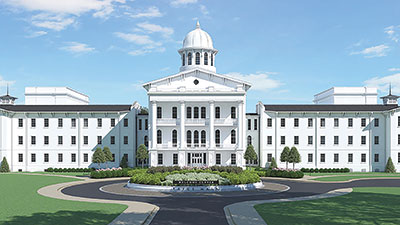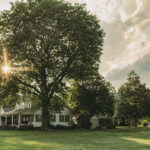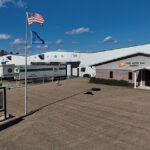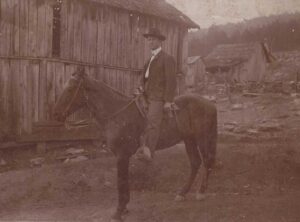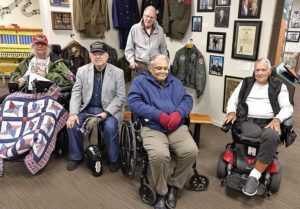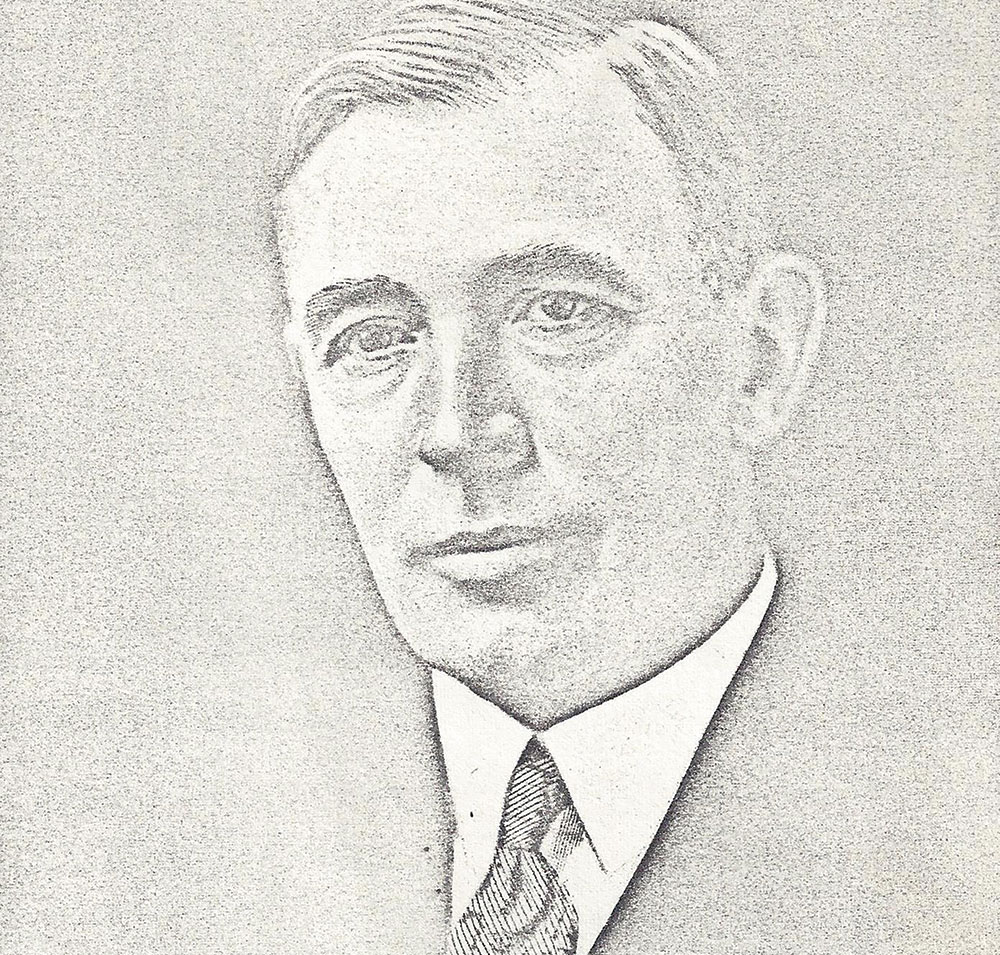
Ashville doctor leader in state mental health care
Story by Robert Debter
Submitted Photos
artlow would become a leader in mental health care, making an impact across Alabama and be instrumental in service to those with intellectual disabilities with a facility named for him.
Long before there was an Alabama Department of Mental Health, Partlow Developmental Center was established in 1923 to allow individuals with intellectual disabilities to receive treatment in a state facility. It was located in Tuscaloosa, two miles from Bryce Hospital, and was the only one of its kind in the state until 1970.
Partlow was born on Feb. 4, 1877, in Ashville to David Alonzo and Modena Catherine (Beason) Partlow, who were married in St. Clair County on Sept. 13, 1866.
His grandfather, Dempsey Partlow, came from South Carolina to St. Clair County and was married on Feb. 26, 1839, to Mary Montgomery.
Through his mother, Dr. Partlow is the second great grandson of Edward Beason, a captain in the American Revolution and great grandson of Curtis Grubb Beason, who built the Beason House and the Teague Hotel.
David and Modena started their life together with very little, and they struggled for the first years of their marriage. But love, self-sacrifice and courage led David to open one of the first steam sawmills in northern Alabama.
David and Modena’s love story made a deep impression on their nine children, especially William. He perceived well the limitations of his family’s finances, but this only served to stimulate his determination. Educated with mother’s sound principles and encouraged by her love and devotion, he started making his own way at the age of 16. Deciding early on to pursue a career in medicine, he deprived himself of the usual teenage life and devoted his time to studying.
William graduated from St. Clair College, which became Ashville High School, in 1897. After graduation, he took the position of assistant to the principal at the college and used his earnings to finance his continuing education in the medical field. He studied at the State Normal School at Florence and in 1898, entered the School of Medicine of the University of Alabama at Mobile. On April 3, 1901, William graduated as valedictorian in his class and shortly after, became an intern at Bryce Hospital in Tuscaloosa.
Almost a year later, the young doctor accepted an appointment as a medical officer for the marine quarantine service in Mobile Bay. His chief duties were to visit the ports of Central America, study Yellow Fever and recommend methods of safeguarding Mobile’s port against the disease.
In October 1902, Dr. Partlow rejoined the staff of Bryce Hospital and ever since was associated with Alabama State Hospitals. Upon his return to Bryce, he served as Assistant Physician and devoted his time equally to Male and Female Wards. In 1908, Dr. Partlow was promoted to assistant superintendent of the Alabama State Hospitals and 11 years later was elected superintendent by the board of trustees of the various hospitals.
In 1923, Dr. Partlow was honored for “his advocacy of the establishment of such a sorely needed institution, and his persistent efforts, which brought into being” the Partlow State School for Mental Deficients.
Dr. Partlow never ceased in his study of the care of his patients and was highly regarded among American psychiatrists. In 1922, his alma mater, the University of Alabama, bestowed him with the honorary degree of Doctor of Laws.
He was greatly noted in his lifetime for his intelligence and the humane care he showed. During World War I, Partlow was chairman of the Medical Advisory Board and since 1919, was a member of the State Board of Health. In his WWI Draft Card, Dr. Partlow is described as tall with a medium build, brown hair and blue eyes.
On April 26, 1905, he married Margaret Nixon in Jefferson County, Alabama. They would have 48 years and five children together. Mrs. Partlow was noted as being an inspiring and devoted wife and lady.
Throughout the 16-year period of 1919 – 1935, funding for mental health was not appropriated by the Legislature and through effective management of his administration, Dr. Partlow was able to keep the institution on self-sustaining basis. During this time, his effectiveness led the hospital to raising almost $2 million for modernization and expansion.
Partlow also championed a medical college in Birmingham and was often spoken of and seen as the father of the college.
The doctor passed away at the age of 76 at his home in Tuscaloosa on July 7, 1953, and was interred two days later at Tuscaloosa Memorial Park Cemetery. Margaret was reunited with him three years later on Dec. 14, 1956.
On Oct. 29, 1941, Dr. Partlow was honored in a ceremony at the Bryce Hospital Assembly Hall directed by the Board of Trustees of the Alabama State Hospitals. Dr. George Denny praised Partlow as a great man and credited his qualities of “rare executive ability, iron will, rugged determination, intellectual and moral courage and common sense.”
He also observed Dr. Partlow’s “human sympathy, human modesty, and sense of humor blending with a rich measure of patience.” Dr. Denny closed saying, “… Dr. Partlow has set a standard of public service in Alabama that merits the accolade of universal acclaim and appreciation … For he is indeed one of the select number of Alabama’s ‘tall men, sun-crowned, who live above the clouds, in public duty and private thinking.’”














